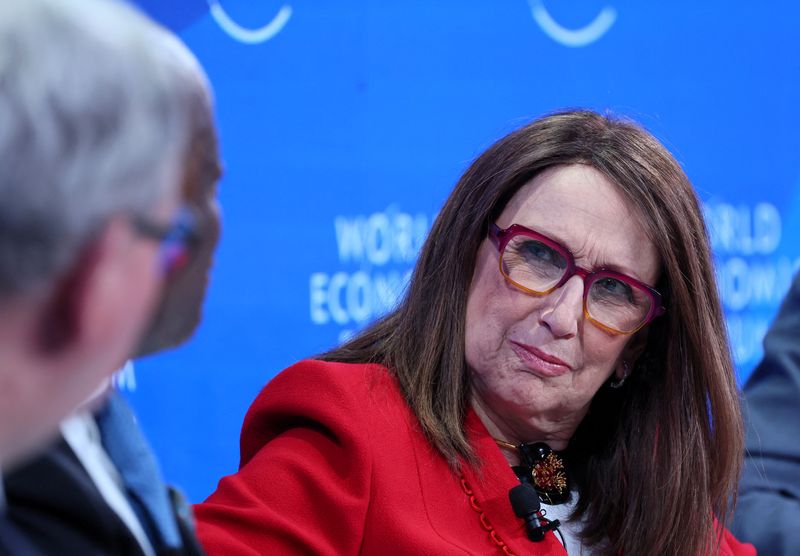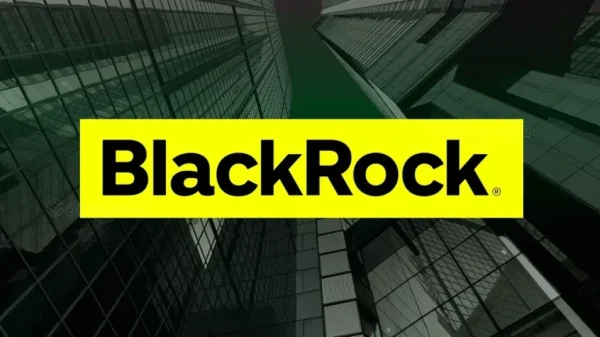
By Rodrigo Campos
NEW YORK (Reuters) – The global financial architecture needs a permanent mechanism for restructuring sovereign debt, as measures currently in place have fallen short for creditors and borrowers alike, the head of the U.N. Trade and Development agency told Reuters.
A raft of recent defaults from Zambia to Ethiopia have fuelled a debate about how to ensure that countries in distress can achieve a swift and smooth debt restructuring that would help them return to a path of growth and rising investment.
“What has happened is that there are ad-hoc mechanisms put in place when the problem comes, (but) there is no permanent institution or system that is there all the time dealing with debt restructuring,” UNCTAD Secretary-General Rebeca Grynspan said on the sidelines of the U.N. General Assembly in New York.
Talk of a sovereign debt restructuring mechanism is not new. The International Monetary Fund (IMF) spearheaded a push in the early 2000s but that did not gain traction, Grynspan said.
“Maybe we can create new momentum to take this question seriously.”
Efforts to reshape the global debt infrastructure have not been met with urgency, partly because the emerging markets sovereign bond market has of late been resilient.
Yet two in five developing economies are at some level of debt distress. Debt-servicing costs are estimated to hit $400 billion this year and over 3 billion people live in countries that spend more on debt servicing than on education or health.
Debt sustainability assessments should not only focus on the capacity to pay, but also the capacity to grow, Grynspan said.
NO LEARNING CURVE
Some advances have been made, especially in 2014 with the addition of collective action clauses (CACs) – making it much harder for holdout investors to push for bigger gains and prolong the debt rework – which have sharply cut the time a country remains in default.
“It is important to maintain the collective clauses and see how they have worked and how we can improve them,” she said, but every case is a specific fix, and there is “no learning curve.”
“It will be important for the countries that have gone through the process to establish a dialog with all the countries that may face a debt restructuring,” she said, adding more rules of the game would increase overall transparency.
The Common Framework, a 2020 initiative of the Group of 20 to streamline debt restructurings, created frustrations for creditors and borrowers. Only four countries have signed up for it.
Grynspan said she was critical of the Common Framework, and pointed to the length of time it took to put together deals for Zambia and Ghana.
“You have 40% of the developing countries in debt distress, and that happened because of systemic shocks which are more and more common. If it takes you three or four years for three countries, imagine if you have 10.”

































